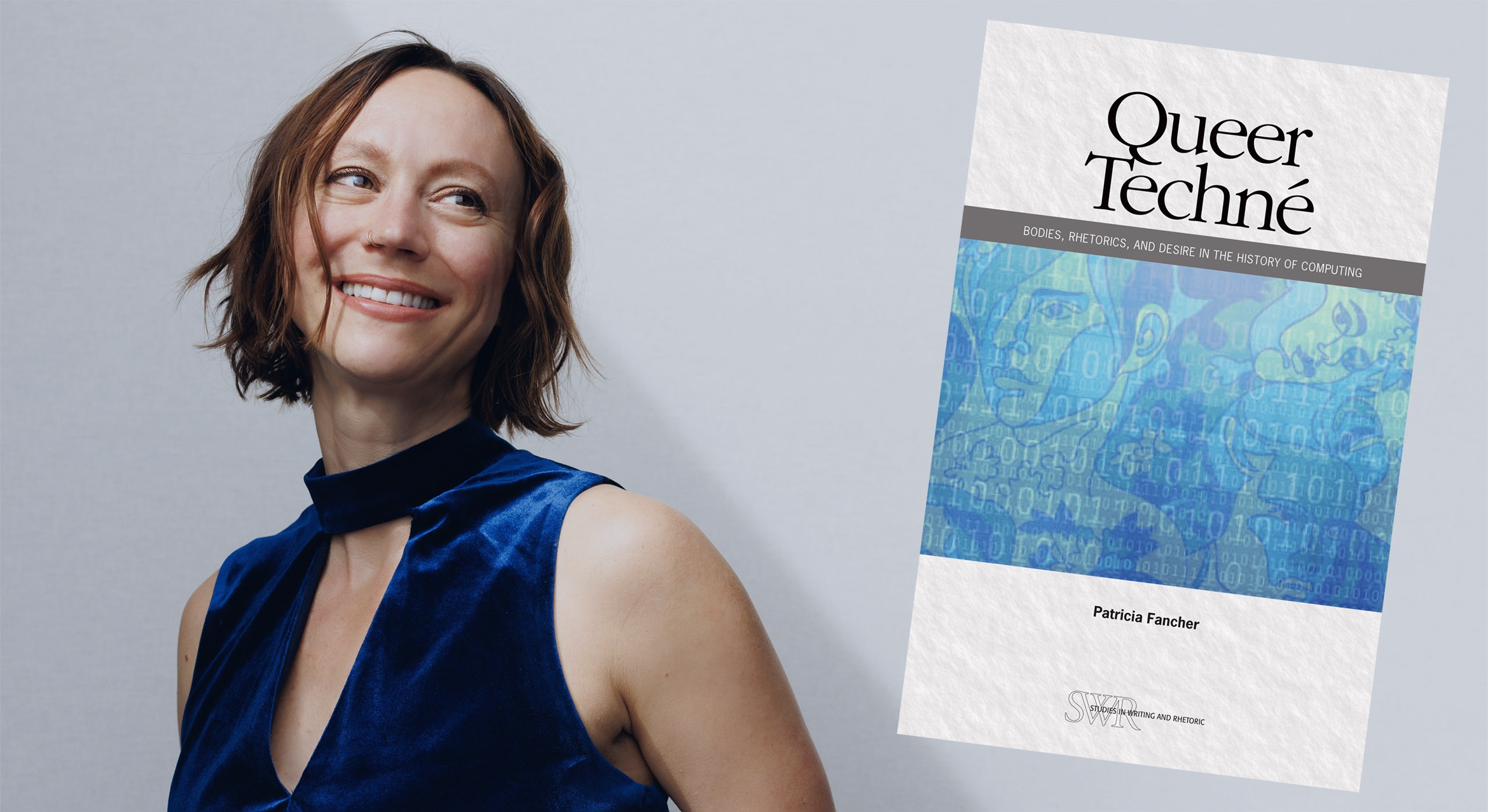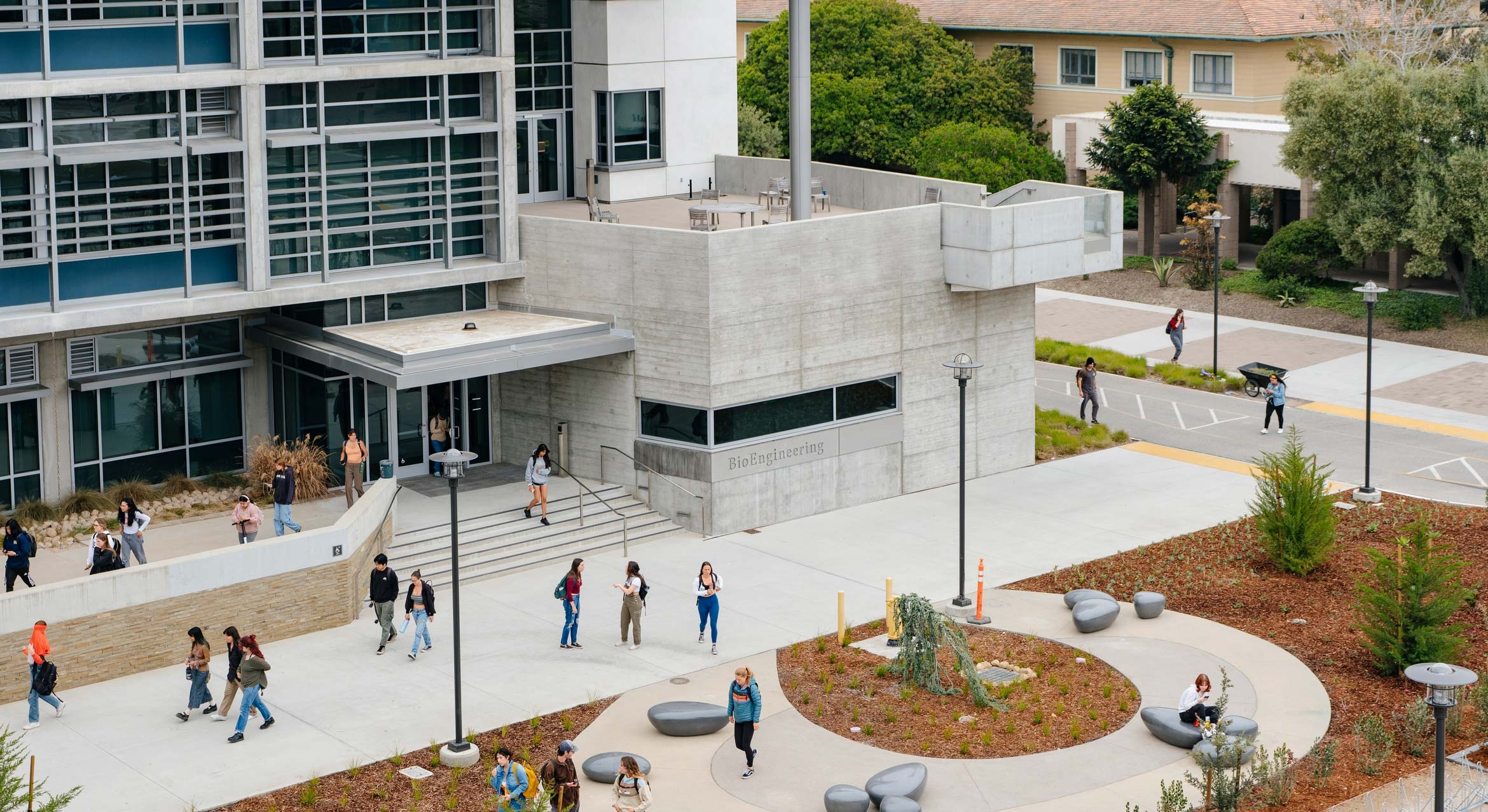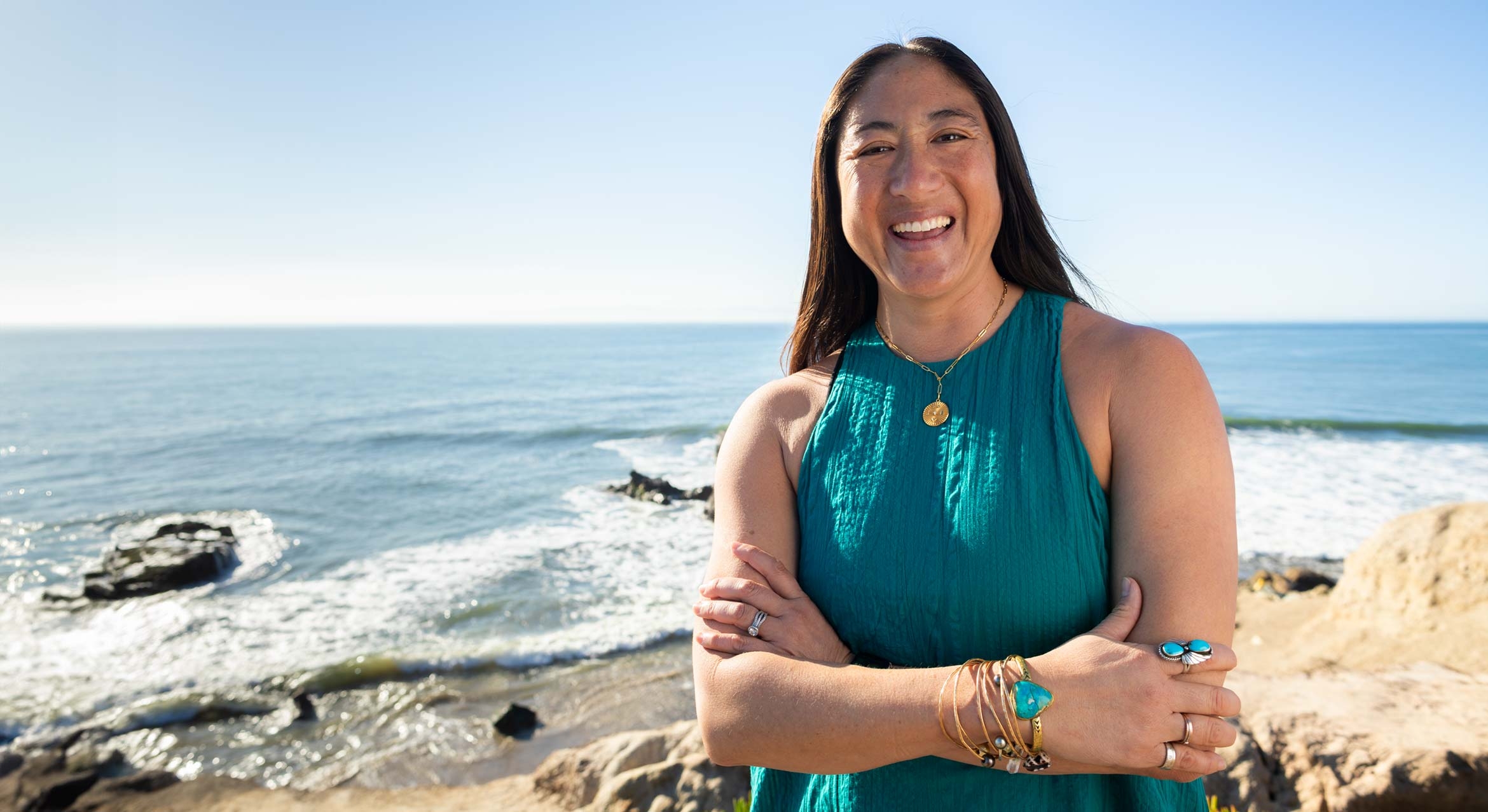
New Horizons

Say you’re about to embark on your college career, bound for a top university with a plan to major in the humanities — maybe English, history, film studies. Would you expect to find courses in coding or digital prototyping not only available to you, but in fact reserved especially for humanities students?
If the university in question is UC Santa Barbara, that’s exactly what some students will soon discover.
With a generous gift from alumnus Ross Dowd ’94, UC Santa Barbara will launch a new program, based in the humanities, to provide formal courses and hands-on experience in programming and other technical skills to undergraduate students. The Dowd Creative Computing Initiative will train humanities majors how to use technology to interpret and represent information and to create content, from art to music to film.
Most importantly, according to Dowd himself, participating students will glean crucial, foundational knowledge that will be a huge boon to their future career prospects in a job market where technological proficiency is increasingly a must-have.
“In the liberal arts, you can make the argument that the creative aspects are more heavily weighted,” said Dowd, co-chief executive officer of Acadian Asset Management. “But the ability to use data and technology to inform decisions, or to be able to use data as a form of communication and to articulate your positions, is an important and valuable skill. And it’s going to become more prevalent moving forward.”
The project reflects Dowd’s own experience. He earned two undergraduate degrees from UC Santa Barbara — in political science and in English — but he’s found professional success elsewhere: in finance. Working in an industry that leans heavily on data, Dowd said he credits his humanities-built critical thinking skills for his ability to translate data and “make sense of it in a creative way.”
That’s where the new initiative comes in.
Seeking to imbue humanities majors with those same skills — and to give them some practical know-how for an increasingly tech-dependent “real world” — the effort will provide a series of connected courses focused on digital technology that will culminate in a certificate.
“Ross Dowd’s generous gift allows UC Santa Barbara to provide an exciting interdisciplinary curriculum that integrates computer programming and digital art, within a humanities framework, that stresses research methods, communication skills, intellectual empathy, mental flexibility and systems thinking,” said John Majewski, dean of humanities and fine arts. “By training students to think of computing as a unique way of interpreting, mediating and representing information and images, these courses will allow students to thrive in the technology industry and many other careers.”
The program will engage multiple faculty members from various disciplines, as well as graduate students, to teach the courses in everything from artificial intelligence and virtual reality to digital media and gaming. Among them — and central to the effort overall — is Alenda Chang, an associate professor of film and media studies, who described the initiative as “timely and pioneering.”
“Mr. Dowd’s generous gift will allow us to strengthen and share work that has in many respects already been flourishing on our campus but has never been clearly linked across departments,” said Chang. “I love the term ‘creative computing’ because it highlights not only how humanities students can use digital technology to express themselves aesthetically and intellectually, but also because it underscores how technology produces fundamental human questions.
“Students in film and media, art, English, music, media arts and technology and so forth are not interlopers in the world of digital tools and practices — they’re critical stakeholders,” Chang added. “We need them to understand, question and shape the many forms that computation now takes, and hold them all to a humane standard.”
In the liberal arts tradition, students in the initiative will be exposed to a broad range of ideas and techniques — not with the intent of mastering particular programming languages, but of learning enough programming to capably make the computer an instrument of creativity and understanding. Ideally, students will walk away with both the confidence and knowledge to pursue more advanced skills, and the ability to communicate effectively with programmers and other specialists.
And that’s the ticket, said Dowd.
“On my own career path, I was always thinking about filling up the tool box,” he recalled. “It was, ‘What skills do I still need to go into the workforce and create a living for myself and my family? How can I incorporate that into the learning process so when I go into the workforce it’s not foreign to me, so I understand enough to be part of the conversation?’ That, to me, is what’s so great about this initiative — it’s opening up horizons for students to think differently.
“Reflecting on almost 20 years in the industry I’m in, folks that are brilliant at programming and crunching data don’t always have the intuition or creativity about what the hypotheses they want from that data to be,” Dowd continued. “Those with broader experience can bring to bear different ways of thinking that provide that creativity, then the real experts go off and prove those hypotheses. It’s a nice balance. That ability to combine the creative aspects with an understanding of what’s likely happening in the data, and then proving it using that data as tool, is invaluable.”



